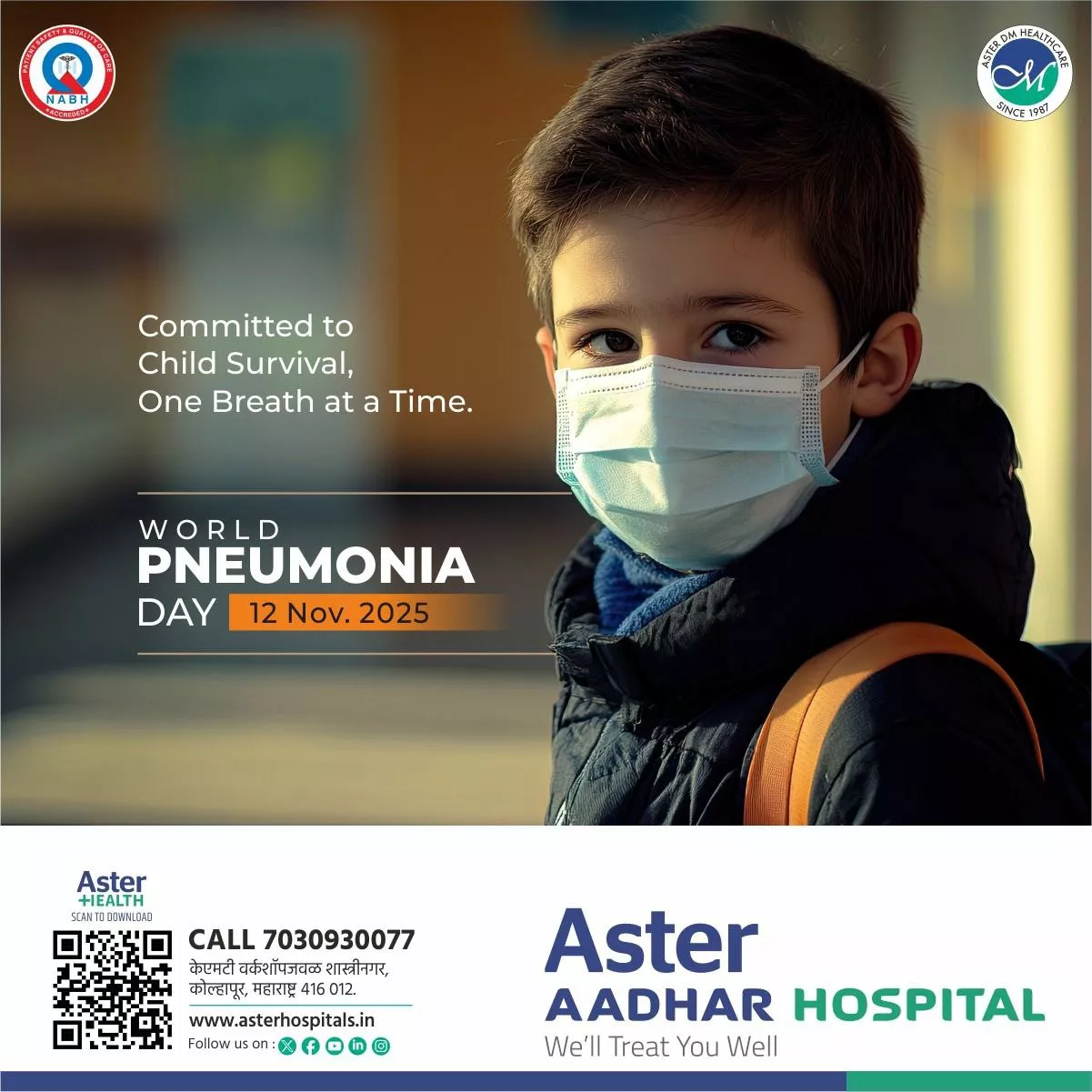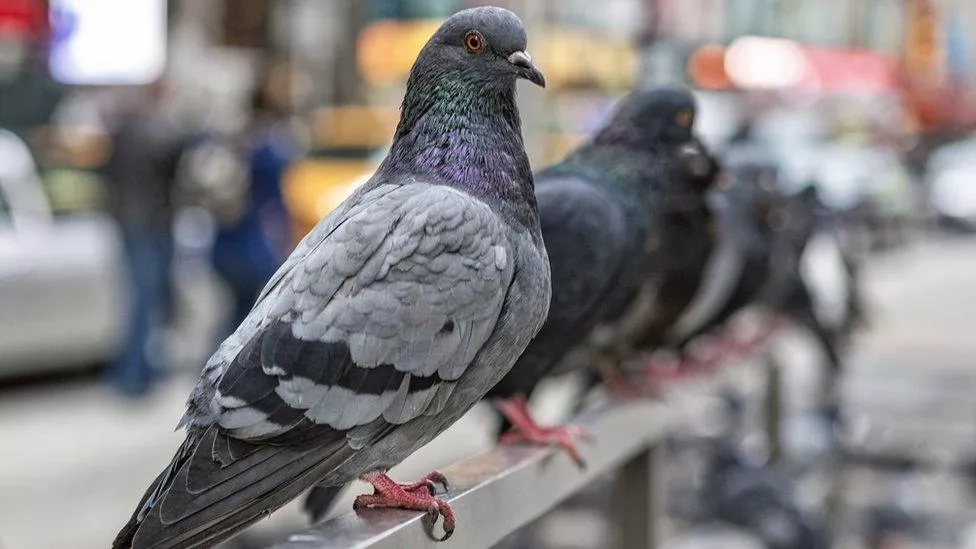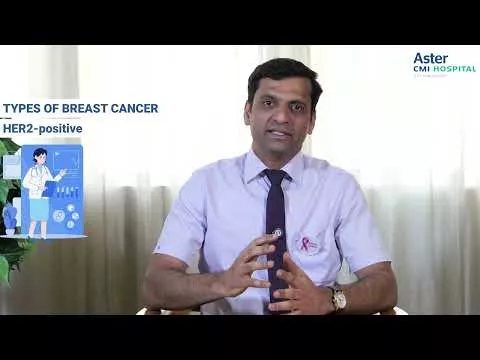“World Pneumonia Day” is a global event observed every year on 12th November to spread awareness and educate people to combat Pneumonia Disease.
The theme of this year's World Pneumonia Day is "Child Survival." In recent years pneumonia has caused increased morbidity and mortality in children. It is treatable and preventable disease.
What is Pneumonia?
Pneumonia simply means infection in the lungs which causes difficulty in breathing, cough, sputum production, chest pain. In children and in elderly people with comorbid conditions like diabetes, heart disease, asthma, COPD, kidney disease can cause serious health problems which may lead them to ICUs and even death.
Pneumonia is mainly caused by "Bacteria," but it can also be caused by “viruses.” (Covid virus was one of them), fungi, etc. Those bacteria or viruses are present in our environment and they are inhaled by us daily. But pneumonia comes to those whose immunity is very low, such as children or old elderly people.
If not diagnosed early and treated early, it can lead to complications like Sepsis, involvement of vital organs like heart, kidney, brain, and can cause damage to them.
Hence it has to be diagnosed early and treated early which can prevent further damage to the body and.
How Pneumonia is diagnosed?
Pneumonia is suspected by doctors according to the symptoms and signs like fever, cough, sputum production, and breathlessness. Doctors order simple investigations like CBC (blood), sputum examination, X-ray of the chest. Sometimes CT scan of the chest. The causative organism can be diagnosed with culture of the sputum.
How Pneumonia is treated?
Pneumonia can be treated with Antibiotics (for bacteria), antivirals (for viruses), and antifungals (for fungi). The drugs can be given at home or in the hospital according to the severity of the disease. Some patients may require IV fluids, or Ventilatory care for a few days. Total treatment can be completed in 5 to 7 days in uncomplicated cases.
Can Pneumonia be prevented?
Yes, it can be prevented, especially in children.
- Good hygiene
Washing hands with soap and water is a very good habit to prevent transmission of bacteria from one person to another person. Taking bath every day and wearing clean clothes also helps to improve health.
- Good Environment
Staying in clean, ventilated environments at home, at schools, and at the working place prevents pneumonia in children. Outdoor pollution due to vehicle smoke, dust, and indoor pollution due to poorly ventilated and damp areas promote infection. Please avoid it or use personal protection like masks while entering such environments. - Avoid passive smoking
Children of parents who indulge in smoking are exposed to passive smoking which can make the lungs weak to invite bacteria or viruses. So parents should not smoke in front of their children.
- Good food & sleep
Proper healthy diet and sound sleep promote immunity which fights against bacteria. - Vaccination
Vaccines are available for important bacteria and viruses like Influenza & Pneumococci, Haemophilus Influenzae. These vaccines can prevent pneumonia due to development of specific immunity against these pathogens. Consult your doctor for these vaccines.
- Breastfeeding
Newborns are protected from all infections for first 6 months before development of their own immune system by antibodies from mother’s milk. Hence breastfeeding is essential and should be promoted to prevent pneumonia like infections in children.
Conclusion:
While celebrating World Pneumonia Day, let’s come together to understand and educate our brothers and sisters to reduce the burden of pneumonia to improve "Child Survival."






